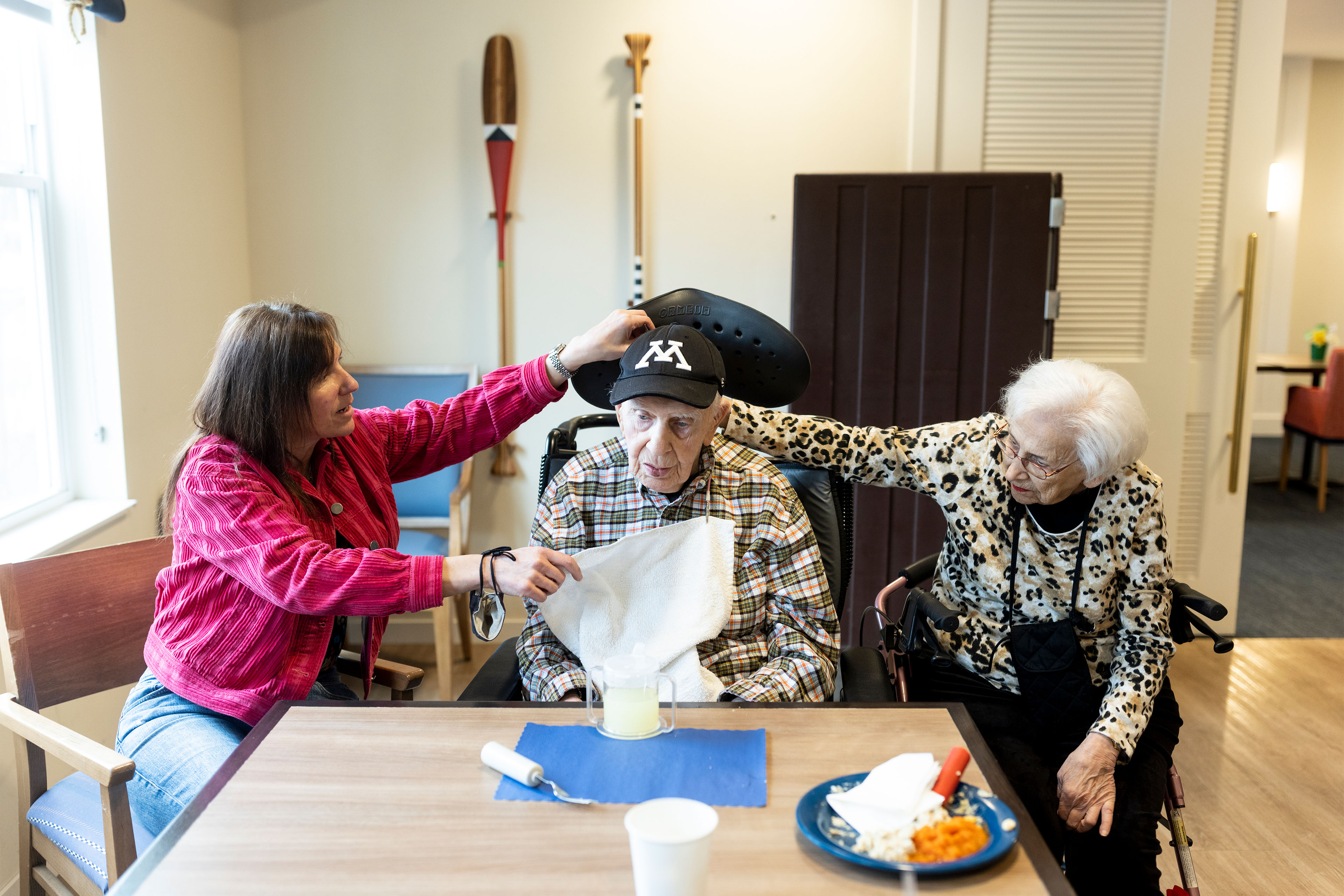Find trained Memory Care caregivers providing personalized senior care.
Wiki Article
Aided Living: a Compassionate Atmosphere for Senior Citizens With Memory Difficulties
By giving personalized care and structured regimens, these communities not just enhance cognitive function yet also foster psychological links, reducing isolation among citizens. The performance of these treatments commonly pivots on the participation of households in the treatment process, motivating a closer evaluation of exactly how this joint initiative affects results for both homeowners and enjoyed ones.Recognizing Memory Challenges
Recognizing memory challenges is necessary for providing efficient like elders encountering cognitive decline. Memory problems, which can materialize as forgetfulness, confusion, or problem remembering recent events, are frequently symptoms of problems such as Alzheimer's illness or various other kinds of mental deterioration. These difficulties can significantly affect an elderly's ability to perform daily jobs, maintain social relationships, and manage individual safety.Recognizing the numerous stages of cognitive decrease is critical for caregivers and health care specialists. Early-stage amnesia may include light lapse of memory, while mid-stage decline can cause extra noticable disorientation and confusion. In late-stage dementia, individuals may shed the capability to interact efficiently, calling for detailed support and understanding from caregivers.
Furthermore, memory obstacles can stimulate a variety of psychological feedbacks, consisting of irritation, anxiety, and depression. This requires a compassionate approach to care that prioritizes the emotional wellness of the person. Understanding the complexities of memory obstacles allows caretakers to create tailored strategies that boost communication, promote engagement, and give a complacency. Ultimately, a deep understanding of these obstacles is fundamental to delivering thoughtful and reliable care for senior citizens facing cognitive decline.
Advantages of Assisted Living
Assisted living deals numerous benefits for senior citizens with memory difficulties, giving an encouraging atmosphere that fosters freedom while guaranteeing security and treatment. Among the key benefits is the day-and-night guidance and support available, which assists reduce threats linked with memory-related concerns. Assisted Living. This constant support permits seniors to take part in day-to-day activities without the concern of crashes or complicationIn addition, assisted living centers often give structured regimens that can boost cognitive feature and stability. These regimens assist citizens feel even more safe and secure and lower anxiety, as they recognize what to expect daily. Social interaction is an additional considerable advantage, as these settings urge connections among homeowners, advertising emotional wellness and minimizing sensations of isolation.
In addition, helped living personnel are educated to recognize the distinct requirements of seniors with memory difficulties, permitting customized care strategies that address private preferences and requirements. This tailored strategy not just improves the top quality of care but also empowers seniors to keep a sense of freedom. In general, assisted living acts as a caring remedy, balancing the need for assistance with the need for self-reliance in the lives of seniors facing memory challenges.
Specialized Care Approaches
Implementing specialized care approaches is necessary for efficiently sustaining seniors with memory obstacles. These personalized strategies concentrate on enhancing the top quality of life and cultivating freedom while dealing with the distinct demands of people with cognitive problems. One basic strategy is person-centered treatment, which emphasizes the significance of understanding each resident's biography, preferences, and values. By tailoring care plans as necessary, staff can produce a much more interesting and significant environment.An additional important strategy involves making use of cognitive excitement treatments. Activities made to enhance memory recall, encourage social communication, and advertise imagination can considerably influence homeowners' overall well-being. Techniques such as memory therapy utilize personal memories to spark discussion and connection, while songs treatment can stimulate emotions and memories, offering comfort.

Developing an Encouraging Neighborhood
(Dementia Care Charlotte)A supportive community plays an essential function in enhancing the lives of seniors with memory obstacles. Such an area promotes a setting of understanding, concern, and support, which is vital for individuals dealing with cognitive problems. By producing a network of support, assisted living facilities can considerably enhance the top quality of life for locals.
Central to an encouraging area is the visibility of qualified team who are sensitive to the unique requirements of senior citizens with memory problems. These experts not only offer vital care however also involve citizens in significant activities that stimulate cognitive feature and promote social interaction. Programs that motivate engagement in group exercises, arts and crafts, or memory games can boost both physical and psychological well-being.
Furthermore, an encouraging community advertises solid links amongst homeowners. Encouraging relationships and peer support aids to reduce feelings of seclusion and fosters a sense of belonging. from this source Normal get-togethers and communal eating experiences can further strengthen these bonds, developing an atmosphere where elders feel valued and comprehended.
Involving Family Members in Care
Engaging family members in the treatment process is vital for providing comprehensive assistance to seniors with memory obstacles. Member of the family frequently serve as important supporters, using understandings into the individual's preferences, background, and routines that can enhance customized care. By including them in conversations and care preparation, helped living centers can create a more all natural approach that resonates with the homeowner's needs.
Motivating family members to take part in treatment not only enhances the well-being of the senior but additionally offers emotional assistance to relative. Involving family members in treatment grows a sense of neighborhood and belonging, making certain that seniors feel linked to their liked ones. Eventually, a collaborative method to care enriches the lives of both residents and their families, developing a caring and supportive setting that advertises dignity and respect.
Conclusion
In final thought, helped living functions as a crucial source for elders experiencing memory obstacles, providing customized care customized to individual needs. The structured routines and engaging tasks promote cognitive function and psychological health, promoting a feeling of belonging. Specialized care techniques, such as memory and songs therapy, improve interaction and connection. By entailing family members in the treatment process, aided living develops a detailed assistance network, eventually enriching the lives of citizens and their loved ones.Report this wiki page